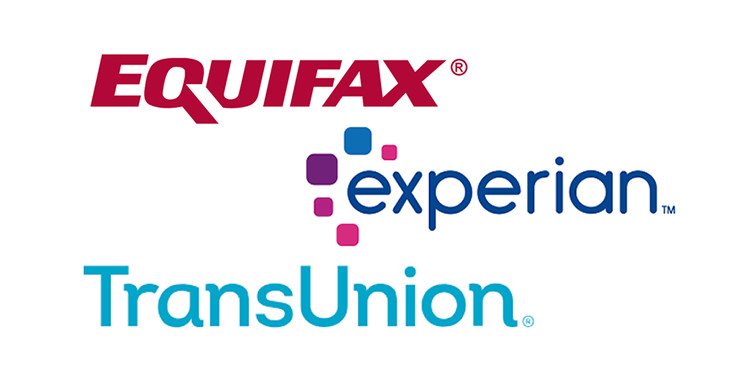How To Freeze Your Credit – For FREE

After the 2017 Equifax data breach, American consumers everywhere wondered how they could protect their personal information from identity theft. Some placed credit freezes with Equifax, TransUnion and Experian; however, this often came with a fee that many consumers didn’t want to pay.
In a national survey, NerdWallet found that 71% of Americans had growing worry about the security of their online financial information, but only 10% of consumers placed a freeze on their credit. The survey found that consumers knew how to freeze their credit but that they saw the process as too tedious or that a credit freeze cost too much. If your information was compromised during the Equifax data breach, speak with a consumer protection attorney today.
In May 2018, the U.S. government passed a new law, the Economic Growth, Regulatory Relief, and Consumer Protection Act, that took effect on September 21, 2018. Under this law, credit freezes are now free, encouraging more people to freeze their credit and protect themselves.
What is a Credit Freeze?
A credit freeze, also known as a security freeze, restricts access to your credit file. When your file is frozen, lenders and other companies cannot view your credit. The consumer cannot open new accounts while their file is frozen, in turn making it difficult for identity thieves to use your name when opening fraudulent accounts.
Before now, a credit freeze cost anywhere from $10 to $30 at each credit bureau. Under the Economic Growth, Regulatory Relief, and Consumer Protection Act, you can now get a free credit freeze. While a credit freeze prevents the opening of new accounts, your current financial relationships (such as credit cards, loans or mortgages) will not be impacted. Likewise, a credit freeze does not hurt your credit score. If you have already frozen your accounts prior to this new law, your accounts are still frozen and the bureaus will not charge you anymore.
How to Freeze Your Credit
To freeze your files, you’ll need to contact the big three credit bureaus, Equifax, Experian and TransUnion, and request the change. You will need to verify your identity and then be given a PIN that must be used when freezing or thawing the account.
If you request a free credit freeze over the phone or online, the credit bureau must place the freeze within one business day. If you request a lift of the freeze, the bureau must lift it within one hour. A freeze request sent via mail must be honored within three days after the credit bureau received it.
Parents can request a free credit freeze for their child’s account if the child is 16 years old or younger. If you are someone’s guardian, conservator or have a valid power of attorney, you can also freeze their credit for free.
How to place a credit freeze at all three bureaus:
- Equifax Credit Freeze: visit this link or call 800-349-9960
- Experian Credit Freeze: visit this link or call 888-397-3742
- TransUnion Credit Freeze: visit this link or call 888-909-8872
Credit Lock vs Credit Freeze
A credit freeze is not the same thing as a credit lock. A credit lock may have monthly fees associated with it. A credit lock is only an agreement between the consumer and the credit reporting agency, whereas the protections in a credit freeze are outlined by law. A credit freeze is the better option for consumers as it has stricter protections than a credit lock.
Fraud Alert vs Credit Freeze
You can also place a fraud alert on your file, which will now last a year as opposed to 90 days. A fraud alert tells businesses to check with you before opening a new account. Identity theft victims can still place an extended fraud alert for seven years. You can place a fraud alert at one of the credit bureaus, and it must contact the other two to do the same.
Errors on Your Credit Report?
If your information was compromised during the Equifax data breach, speak with a consumer protection attorney today. Being the victim of identity theft can leave devastating effects on your credit report. Fortunately, you have the right to dispute an error on your credit report. If you have disputed an error on your credit report that remains unresolved, you may be entitled to damages. Get free legal help from the consumer law firm of Francis Mailman Soumilas, P.C. today.
